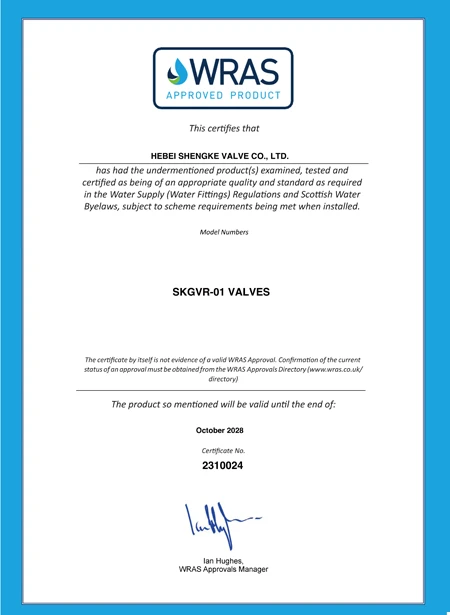Nov . 04, 2024 05:41 Back to list
gate valve
Understanding Gate Valves A Key Component in Fluid Control Systems
Gate valves are essential devices used in various industries to regulate the flow of fluids. Known for their straightforward design and effective operation, gate valves are particularly favored in applications where a full, unobstructed flow is necessary. This article delves into the working principle, types, advantages, and applications of gate valves.
Working Principle
Gate valves function using a wedge-shaped metal gate that slides vertically between two seats to open or close the flow path. When the valve is fully open, the gate is raised completely into the valve body, allowing a smooth flow of fluid. Conversely, when the valve is closed, the gate is lowered to block the flow, creating a tight seal. This design reduces turbulence and pressure drop in the system, making gate valves ideal for processes requiring minimal flow resistance.
Types of Gate Valves
There are several types of gate valves, each suited for specific applications
1. Parallel Gate Valve This type features a gate that is parallel to the seats, enabling a quick sealing action. It is ideal for applications requiring frequent operation. 2. Wedge Gate Valve The most common type, wedge gate valves, have a wedge-shaped gate that closes into the seats at an angle, ensuring a secure seal. They are widely used in waterworks, power plants, and various industrial processes.
3. Expanding Gate Valve Designed for high-pressure applications, expanding gate valves employ a mechanism that expands the gate as it closes, creating a tighter seal under pressure.
gate valve

Advantages of Gate Valves
Gate valves offer several benefits, including
- Low Flow Resistance Their design allows for minimal obstruction, enabling efficient fluid flow. - Durability Made from robust materials, gate valves can withstand high pressures and temperatures, making them suitable for harsh environments. - Versatility Gate valves can be used for various fluids, including water, oil, and gas, making them a versatile choice for many industries.
Applications
Gate valves are commonly used in diverse sectors such as
- Water Supply and Treatment To control the flow of water in pipelines and treatment facilities. - Oil and Gas To regulate the transportation of crude oil and natural gas in pipelines. - Power Generation In cooling water systems and steam applications.
In conclusion, gate valves play a vital role in fluid management across various industries. Their durability, low resistance, and effective sealing capabilities make them a preferred choice for engineers and operators seeking reliable and efficient control over fluid flow. Whether in municipal water systems or industrial processing plants, the importance of gate valves cannot be overstated.
Share
-
Reliable Wafer Type Butterfly Valves for Every IndustryNewsJul.25,2025
-
Reliable Flow Control Begins with the Right Ball Check ValveNewsJul.25,2025
-
Precision Flow Control Starts with Quality ValvesNewsJul.25,2025
-
Industrial Flow Control ReliabilityNewsJul.25,2025
-
Engineered for Efficiency Gate Valves That Power Industrial PerformanceNewsJul.25,2025
-
Empowering Infrastructure Through Quality ManufacturingNewsJul.25,2025